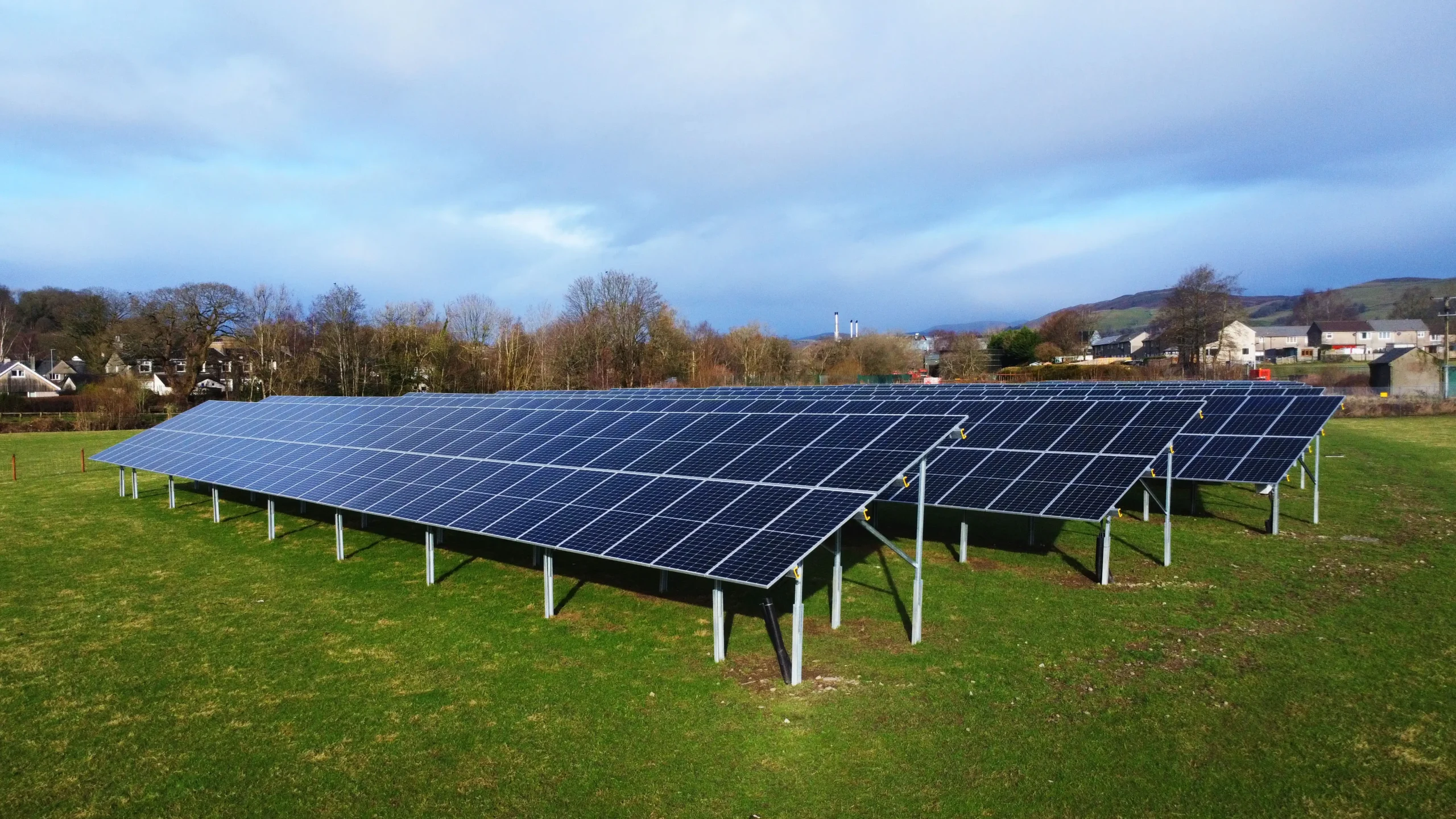In an era where climate change and sustainability are at the forefront of global concerns, the United Kingdom is making strides towards a greener future. One of the key players in this transition is the Department for Environment, Food & Rural Affairs (Defra), which has introduced a range of funding opportunities aimed at promoting renewable energy solutions. Among these, the Defra PV (photovoltaic) funding stands out as a crucial initiative to boost solar energy adoption across the country.
What is Defra PV Funding?
Defra PV funding is a financial support program designed to help farmers, landowners, and rural businesses invest in photovoltaic (PV) solar panels. These solar panels convert sunlight into electricity, providing a sustainable and cost-effective energy source. The funding aims to reduce the initial capital costs associated with installing PV systems, making renewable energy more accessible and financially viable for rural communities.

Why is PV Funding Important?
The significance of Defra PV funding extends beyond just financial assistance. Here are some key reasons why this initiative is vital:
- Environmental Impact: By supporting the installation of solar panels, Defra PV funding helps reduce greenhouse gas emissions and reliance on fossil fuels. This contributes to the UK’s broader goals of achieving net-zero carbon emissions by 2050.
- Energy Independence: Solar energy provides a reliable and local source of power, reducing dependency on imported energy and enhancing energy security for rural areas.
- Economic Benefits: Lower energy bills and potential income from selling surplus electricity back to the grid can significantly improve the financial stability of farms and rural businesses.
- Sustainability: Investing in renewable energy aligns with sustainable farming practices, promoting long-term environmental stewardship and resilience against climate change.
How Does Defra PV Funding Work?
Defra PV funding operates through various grants and financial schemes. Here’s a breakdown of how the process typically works:
- Eligibility: The funding is available to farmers, landowners, and rural businesses. Eligibility criteria may include the size of the business, location, and the specific renewable energy project proposed.
- Application: Interested parties must submit an application detailing their project, including technical specifications, expected costs, and anticipated benefits. It’s crucial to provide a comprehensive plan to increase the chances of approval.
- Assessment: Applications are reviewed based on several factors, such as environmental impact, cost-effectiveness, and contribution to sustainability goals. Successful applicants receive financial support to cover a portion of the installation costs.
- Implementation: Once approved, applicants can proceed with the installation of PV systems. Regular monitoring and reporting may be required to ensure the project meets its objectives and delivers the promised benefits.
Success Stories
Numerous farms and rural businesses have already benefited from Defra PV funding, showcasing the transformative potential of this initiative. For instance:
- Dairy Farms: Several dairy farms have installed solar panels on their rooftops, significantly reducing their energy costs and lowering their carbon footprint. This has allowed them to invest savings back into their operations, improving productivity and sustainability.
- Agricultural Enterprises: Large-scale agricultural businesses have leveraged PV funding to power their irrigation systems and processing facilities. This has led to more efficient operations and enhanced their competitiveness in the market.
- Community Projects: Some rural communities have come together to create shared solar projects, benefiting multiple stakeholders and fostering a sense of collective responsibility towards the environment.
The Future of Defra PV Funding
As the UK continues its journey towards a sustainable future, initiatives like Defra PV funding will play an increasingly critical role. By enabling rural communities to harness the power of the sun, this funding not only supports environmental goals but also drives economic growth and energy resilience.
For those interested in applying, staying informed about the latest funding rounds and eligibility criteria is essential. Engaging with local agricultural advisors and renewable energy experts can also provide valuable guidance throughout the application process.
Conclusion
Defra PV funding represents a beacon of hope for rural communities aspiring to join the renewable energy revolution. By lowering financial barriers and promoting the adoption of solar power, this initiative paves the way for a greener, more sustainable, and economically resilient future. As more farmers and rural businesses embrace this opportunity, the collective impact on the environment and the economy will undoubtedly be profound, setting a precedent for other regions and sectors to follow.
Get in touch with the Genfit team if you have any questions.
0344 567 9032
sales@genfit.co.uk

